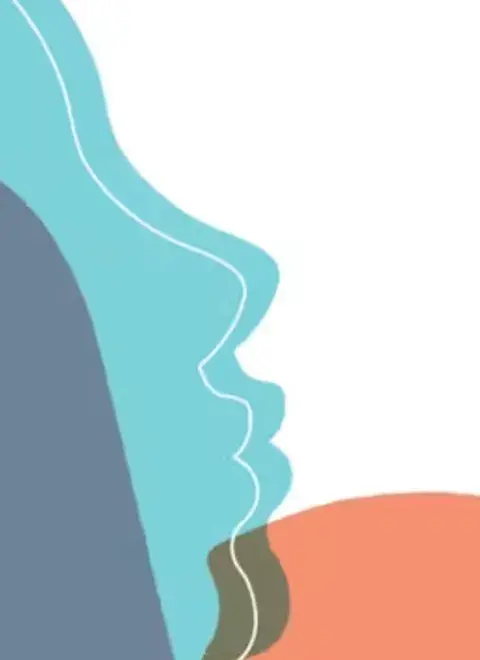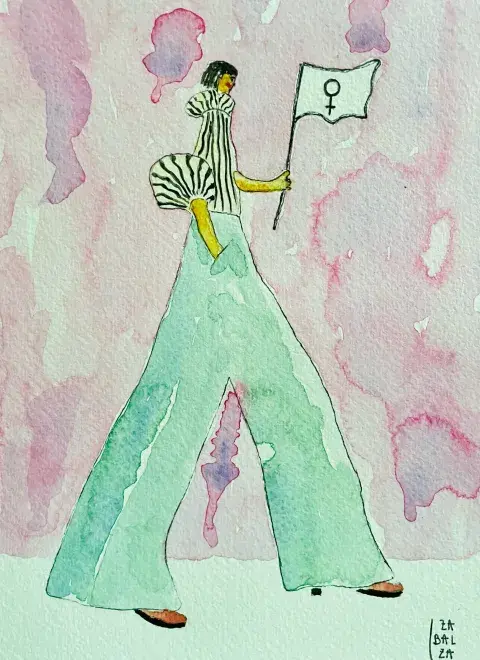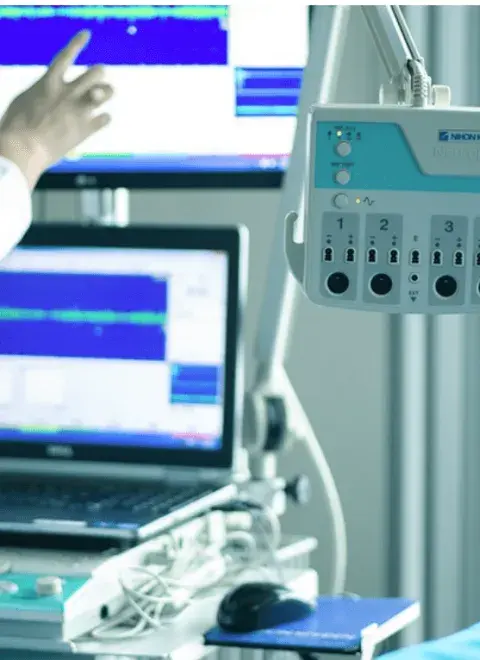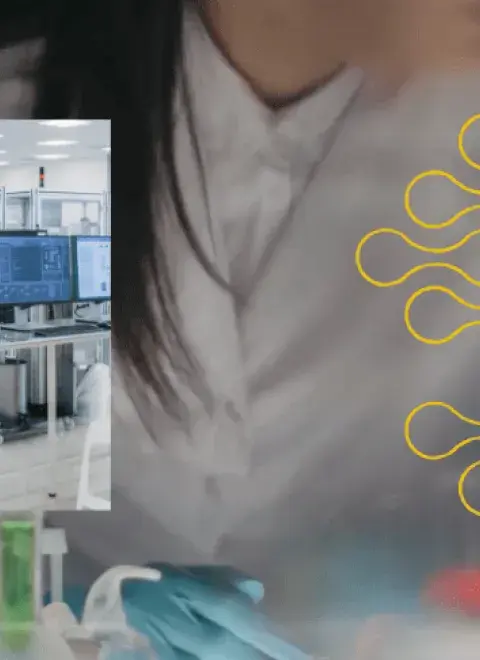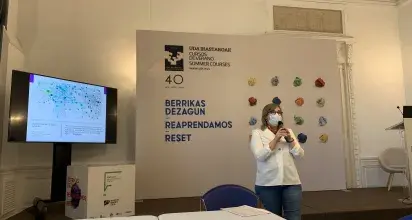
3rd edition of the cross-border Summer Courses on the valorization and sustainability of the oceans, co-organized by Euskampus Fundazioa, the University of the Basque Country/Euskal Herriko Unibertsitatea and the Université de Bordeaux.
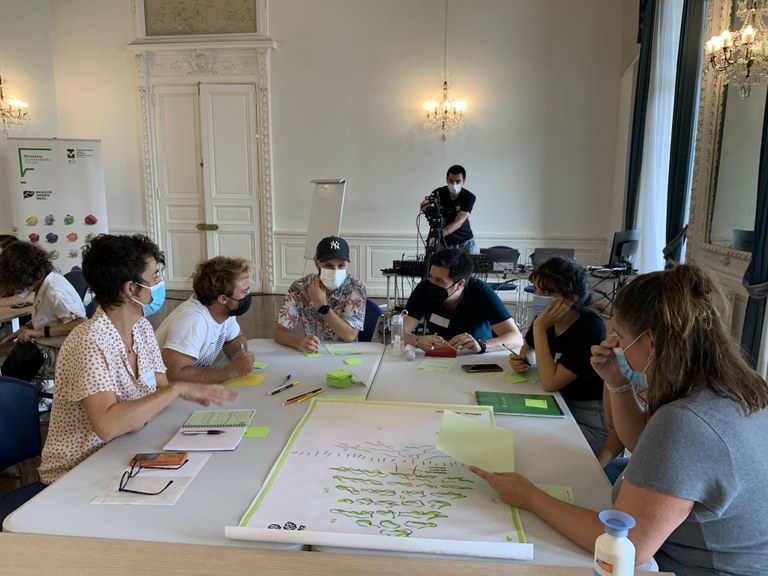
Participants in the collective intelligence workshop
Oceani3 coordinated a 2-day program, on September 14 and 15, at the Miramar Palace in Donostia-San Sebastian, to share and promote "Projects, challenges and opportunities of the Basque Country-New Aquitaine cross-border blue economy within the framework of the Atlantic arc".
After an institutional opening carried out by Eva Ferreira (Rector of the UPV/EHU), Olivier Pujolar (Vice-president Partenariats et territoires de l'Université de Bordeaux) and Arola Urdangarin (Director of the Euroregion EGTC-NAEN), the first day, developed online, was dedicated to the presentation of a selection of projects and initiatives both at territorial, regional and European level, related to the cross-border blue economy and the Atlantic Arc.
Nouvel objectif global:” libérer le potentiel de l’économie bleue dans la région atlantique, tout en préservant les écosystèmes marins et en contribuant à l’adaptation au changement climatique et à l’atténuation de ses effets.”
From the international perspective, it is worth mentioning the participation of Isabelle Perret, Secrétariat général de la mer (SGMer) - who presented the Atlantic maritime strategy, as well as the participation of Oisin Callery, researcher at the Earth and Ocean Sciences department - National University of Ireland Galway, who presented the "Atlas" project.
From the Euroregional perspective, a mosaic of research and innovation projects was presented, as well as the results of projects carried out by the interdisciplinary teams of Ocean i3 students in collaboration with territorial social agents.
Special emphasis was placed on the employability opportunities in the blue economy of the cross-border coastline and on the themes and skills that can better prepare university students to work in that area.
All the research results and experiences were received with great interest by the audience formed by students, teachers, social agents and the general public.
The second day consisted of a face-to-face workshop at the Miramar Palace in Donostia, where the university community and territorial agents met to collectively identify the challenges of the blue economy, especially related to ocean pollution by plastics and microplastics. The map of challenges and opportunities designed will inspire projects for the 2021-22 academic year.
From the point of view of multilingualism, the two days took place normally in a tolerant climate of translanguaging, with alternation of the two official languages of the cross-border course, French and Spanish, as well as English as lingua franca and Basque in welcome messages and introduction of presentations. Respect for linguistic diversity reaffirms the spirit of language awareness the cross-border community is implied with.

Subscribe to Newskampus
And get our latest news in your inbox.
